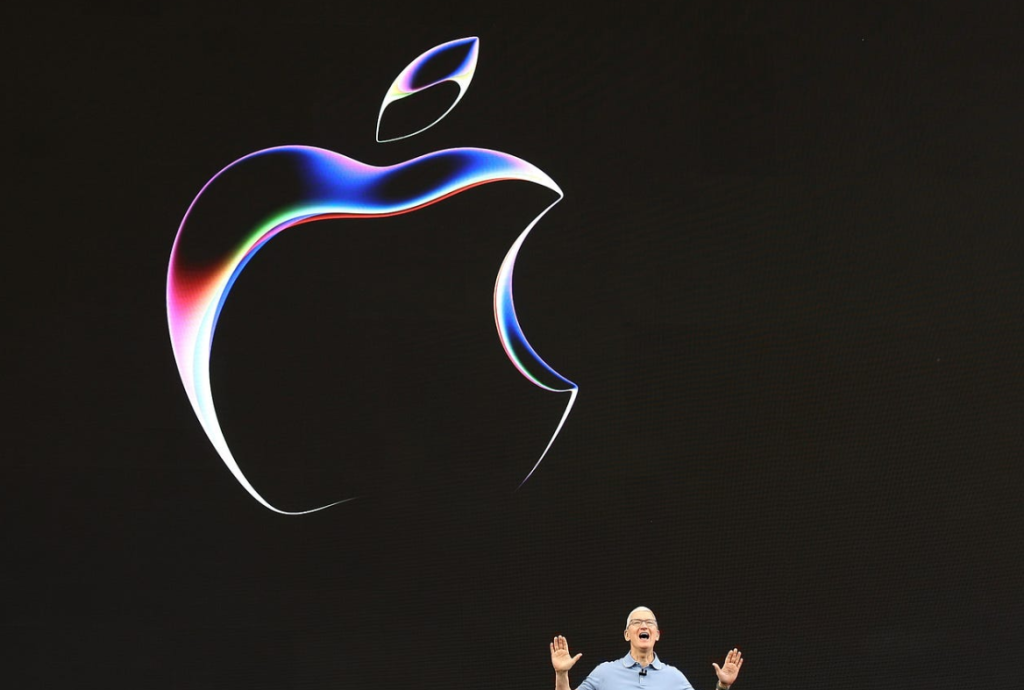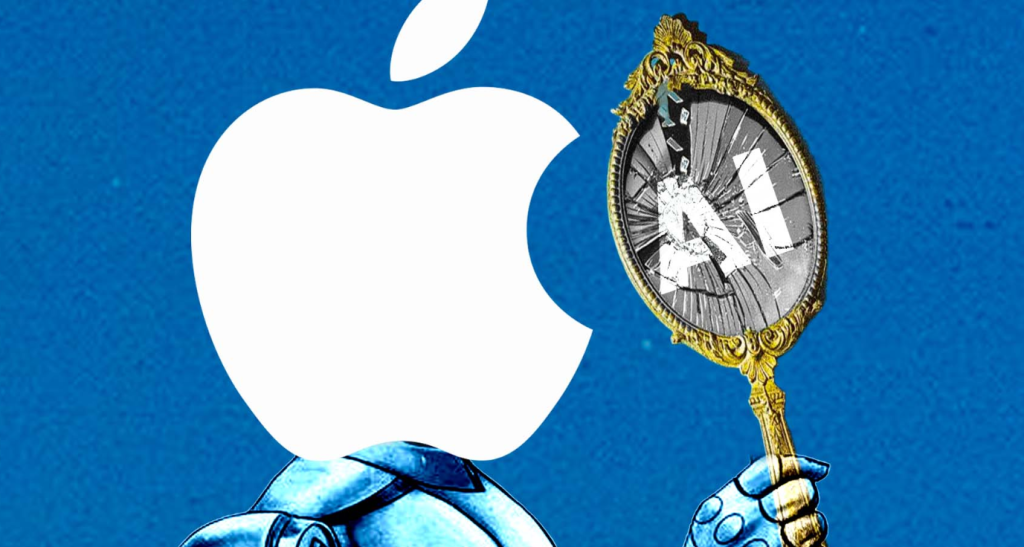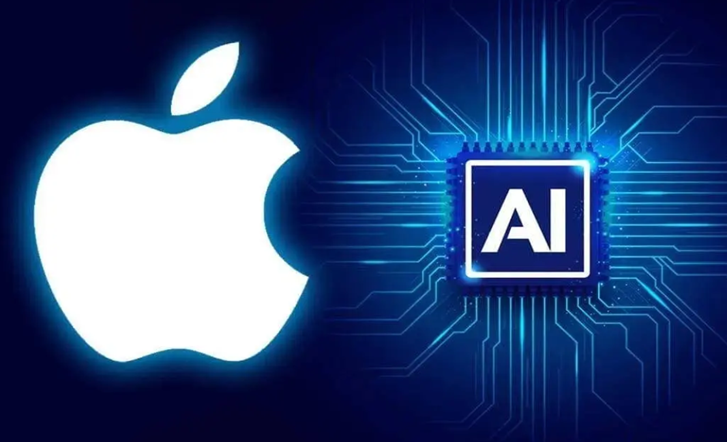Table of Contents
In 2024, Apple is set to enter the AI race, throwing its hat into the ring of generative AI with a groundbreaking announcement. Unlike its competitors, Apple enters this arena with an update to Siri, its voice-activated assistant, integrating advanced generative AI capabilities into its iPhone devices. This move positions Apple as a direct competitor to Google and OpenAI, the latter having pioneered the model with its ChatGPT engine.
This bold stride incorporates a new AI model named Gemini, designed to run both on-device and in the cloud. This model emphasizes Apple’s commitment to privacy by allowing processing to occur directly on the phone’s chip, sidestepping the privacy concerns associated with cloud-based processing. Moreover, Tim Cook heralded this innovation as a paradigm shift in tech, blending iOS integration tightly with the iPhone, ensuring Gemini becomes the default setting on all new devices.

This strategy amplifies Apple’s marketing edge and intensifies the competitive atmosphere with Samsung and other smartphone manufacturers vying for dominance in the billion-dollar computer-in-your-pocket race. By enhancing the user experience with AI capabilities not just limited to a digital assistant but as a comprehensive engine for various phone functions, Apple aims to redefine our interaction with devices, ensuring customers have an unparalleled journey through tech innovation.
Navigating the Generative AI Landscape: Apple’s Path to Innovation
In the rapidly evolving field of generative AI, Apple stands at a pivotal juncture as it charts its course toward innovation and technological advancement. With the upcoming unveiling of its next steps in open AI at the Worldwide Developers Conference, Apple’s strategic moves in embracing AI technologies will shape the future of human-computer interactions.
This article delves into Apple’s unique position in the generative AI landscape, exploring its potential partnerships with ChatGPT and Google, revamping its voice assistant Siri, and its emphasis on privacy and performance in AI integration. As Apple navigates the complexities of AI development, it paves the way for transformative advancements in AI-driven experiences across its product ecosystem.
Enjoy Also: Apple’s Battle Against App Store Frauds
ChatGPT vs. Gemini: Apple’s Dilemma in the Generative AI Race
Apple is at a crossroads in the generative AI race as it weighs the decision between ChatGPT and Google’s Gemini technology. This article delves into Apple’s dilemma, exploring the potential implications of choosing one AI model over another for integrating into its iPhone ecosystem. As Apple navigates this critical decision, the future of its AI services, including the fate of Siri and its approach to privacy and performance, hangs in the balance. Stay tuned as Apple’s strategic choice in the ChatGPT vs. Gemini showdown unfolds, shaping its path in the competitive landscape of generative AI innovation.

From Siri to ChatGPT: Apple’s Evolution in AI Technology
Apple has made significant advancements in AI technology over the years, moving from the introduction of Siri to more sophisticated tools like ChatGPT. Siri was one of the first mainstream AI assistants, revolutionizing how users interacted with their devices. As technology evolved, Apple incorporated more advanced AI algorithms and machine learning techniques into their products, leading to the development of ChatGPT. This powerful chatbot utilizes the GPT-3 model to generate human-like responses and engage in meaningful conversations with users. Apple’s commitment to innovation in AI technology is evident in the continuous evolution and improvement of its virtual assistant capabilities.
Apple’s Neural Processors: Powering the Future of AI on Devices
Dive into the revolutionary world of Apple’s neural processors and their pivotal role in shaping the future of AI on devices. This article explores how Apple’s in-house chip manufacturing, coupled with neural cores dedicated to AI tasks, propels the advancement of AI technology on iPhones, iPads, and MacBooks. Uncover the significance of Apple’s neural processors in optimizing AI performance, ensuring user privacy, and paving the way for a new era of intelligent computing experiences. Witness how Apple’s dedication to AI innovation through neural processors heralds a transformative future for AI integration on its devices.
What strategic advantages does Apple’s AI integration offer?
Apple’s AI integration not only amplifies its marketing edge but also intensifies competition with other smartphone manufacturers, aiming to redefine user interaction with devices through comprehensive AI capabilities.
How does Apple’s dilemma between ChatGPT and Google’s Gemini impact its future AI services?
The decision between ChatGPT and Gemini will shape the future of Siri, privacy considerations, and overall performance, defining Apple’s path in the competitive landscape of generative AI innovation.
What is the evolution of Apple’s AI technology from Siri to ChatGPT?
Apple has progressed from the introduction of Siri to more sophisticated tools like ChatGPT, showcasing continuous innovation in AI technology to enhance virtual assistant capabilities and engage users in meaningful conversations.
